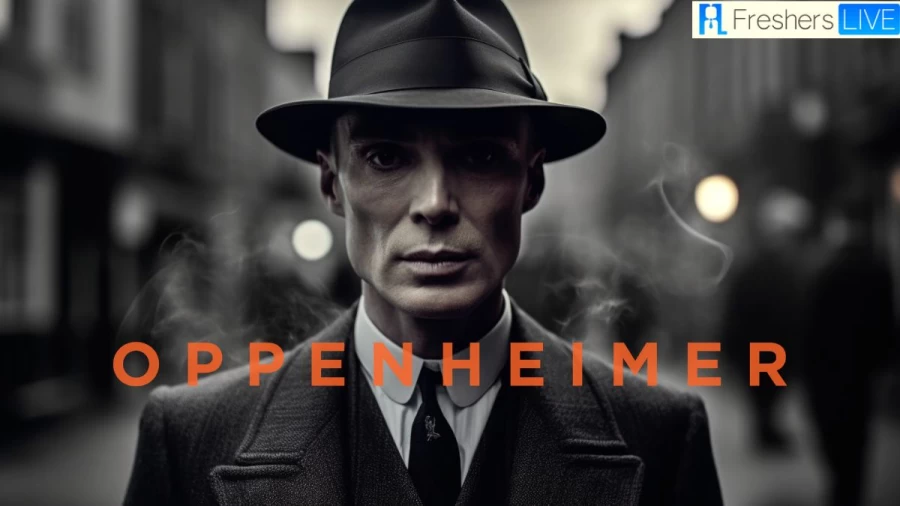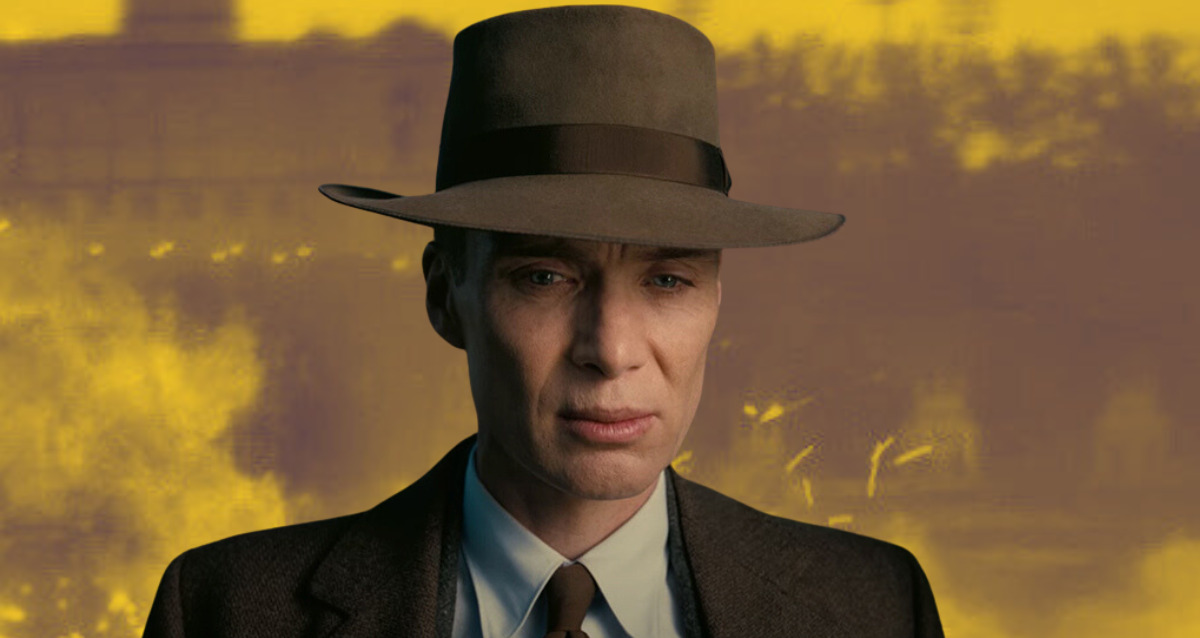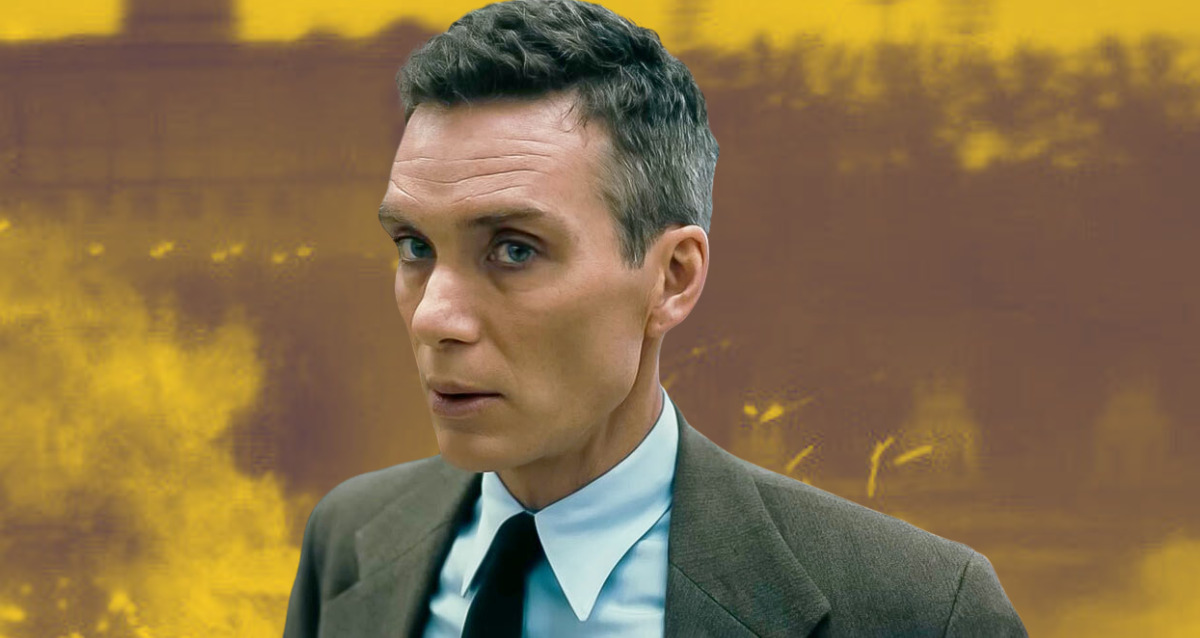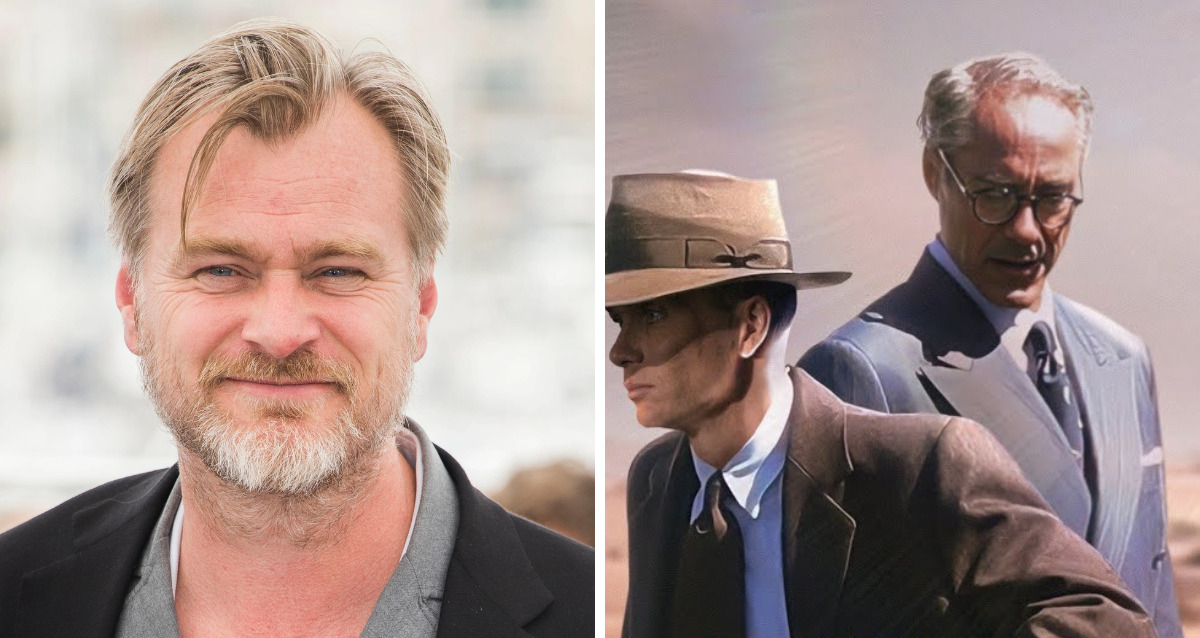Few filmmakers have had the rapid, impressive rise to success that Christopher Nolan has had over the last 25 years. In his first dozen films, Nolan has taken us on twisty journeys through time (Memento), delved into dreams and the subconscious (Inception), and explored the vastness of space (Interstellar). He revitalized the superhero genre with his Dark Knight trilogy, and his films have consistently pushed the boundaries of what film and storytelling can do on a grand scale. With his twelfth film, Oppenheimer, Nolan brings together all of his talents and techniques to deliver his most colossal and mature work to date.
Culmination Of Nolan’s Career: Building Towards ‘Oppenheimer’

Oppenheimer
Nolan’s career has been defined by his ambition and desire to push the boundaries of filmmaking. He started with small-budget projects like Following and Memento, showcasing his talent for intricate narratives and unconventional storytelling. As he progressed, he tackled iconic characters like Batman, revolutionizing the superhero genre. He explored complex concepts such as time manipulation in films like Inception and Dunkirk. While not every experiment has been a resounding success (as seen in Tenet), Nolan’s determination to challenge the status quo is undeniable. ‘Oppenheimer‘ represents the culmination of his career, incorporating the multiple timelines, abstract footage, and meticulous attention to detail that have become his trademarks.
Telling J. Robert Oppenheimer’s Story Through Varying Timelines

Cast Member’s Glowing Review Hints At Christopher Nolan’s Oppenheimer As A Potential Masterpiece
Nolan employs a narrative technique reminiscent of his film Memento to tell the story of J. Robert Oppenheimer. The film alternates between two timelines: one shown in color and the other in black and white. In the color timeline, Oppenheimer reflects on his past during a hearing, recounting his involvement in The Manhattan Project, his ties to communism, and his personal relationships. The black-and-white segments follow Lewis Strauss, played by Robert Downey Jr., as he discusses his interactions with Oppenheimer during his own questioning for the nomination of Secretary of Commerce. By interweaving these timelines, Nolan provides multiple perspectives on Oppenheimer’s complex character and his conflicting emotions about his groundbreaking work.
Cillian Murphy’s Remarkable Performance As Oppenheimer

Christopher Nolan’s ‘Oppenheimer’: Recreating The First Atomic Explosion In Groundbreaking Film
Cillian Murphy, a frequent collaborator of Nolan’s, delivers one of his best performances as J. Robert Oppenheimer. Despite Oppenheimer’s reserved nature, Murphy conveys a range of emotions through subtle gestures and expressions. He captures Oppenheimer’s trepidation, fear, and occasional moments of joy, immersing the audience in the implications of his groundbreaking discoveries. Murphy’s portrayal of Oppenheimer stands as one of the finest performances captured by Nolan’s camera.
An Unbelievable Ensemble Cast

Oppenheimer Cast
‘Oppenheimer’ boasts an exceptional ensemble cast, featuring a multitude of talented actors. Rami Malek, Gary Oldman, and Kenneth Branagh, among others, contribute their skills in smaller supporting roles, while actors like Alden Ehrenreich, Benny Safdie, and David Krumholtz take on more substantial parts. Nolan provides even the blink-and-you-miss roles with memorable scenes, allowing the entire cast to shine. Robert Downey Jr.’s portrayal of Lewis Strauss, in particular, leaves a lasting impression, as his character’s subjective perspective on Oppenheimer provides a unique counterpoint to the film’s narrative. Additionally, Matt Damon delivers a compelling performance as Leslie Groves, the man who places Oppenheimer in charge of The Manhattan Project, adding further complexity to Oppenheimer’s story.
Female Roles And The Need For Improvement

Critics Rave: Christopher Nolan’s ‘Oppenheimer’ Is A Spectacular Masterpiece
While ‘Oppenheimer’ features remarkable performances from its female cast members, including Emily Blunt and Florence Pugh, there is still room for improvement in the representation of substantial female roles. The lone female scientist, played by Olivia Thirlby, does not receive as much screen time as she deserves. Similarly, the women in Oppenheimer’s life could have been given more attention. Nevertheless, Blunt’s portrayal of Oppenheimer’s wife Kitty and Pugh’s portrayal of his on-again-off-again partner Jean Tatlock leave a lasting impact, showcasing their talents in limited scenes.
Nolan’s Script And Directing: A Stunning Achievement

Oppenheimer
Nolan’s script for ‘Oppenheimer,’ based on the book “American Prometheus” by Kai Bird and Martin J. Sherwin, is incredibly dense yet masterfully crafted. The film seamlessly navigates multiple timelines and a complex web of characters, never overwhelming the audience. Nolan’s directing showcases a refined and careful approach, prioritizing storytelling over spectacle. He allows the performances and Oppenheimer’s troubled narrative to take center stage, demonstrating a maturity that surpasses his previous works. The collaboration between Nolan and his team, including cinematographer Hoyte van Hoytema and composer Ludwig Göransson, elevates the film to new heights. The visuals, captured with precision and beauty, immerse the audience in the story, while the powerful score heightens the emotional impact of each scene.
A Towering Achievement

Oppenheimer
‘Oppenheimer’ is a towering achievement for Christopher Nolan and everyone involved. It is a testament to the art of filmmaking, showcasing the incredible talent of the cast and the meticulous craftsmanship of the director. Nolan’s ability to bring together various elements, from the script to the visuals and the score, is awe-inspiring. This film represents a new level of maturity for Nolan, a culmination of his career that demonstrates his remarkable capabilities as a filmmaker. With ‘Oppenheimer,’ Nolan proves once again that he is a master storyteller, capable of creating monumental works that leave a lasting impression.




